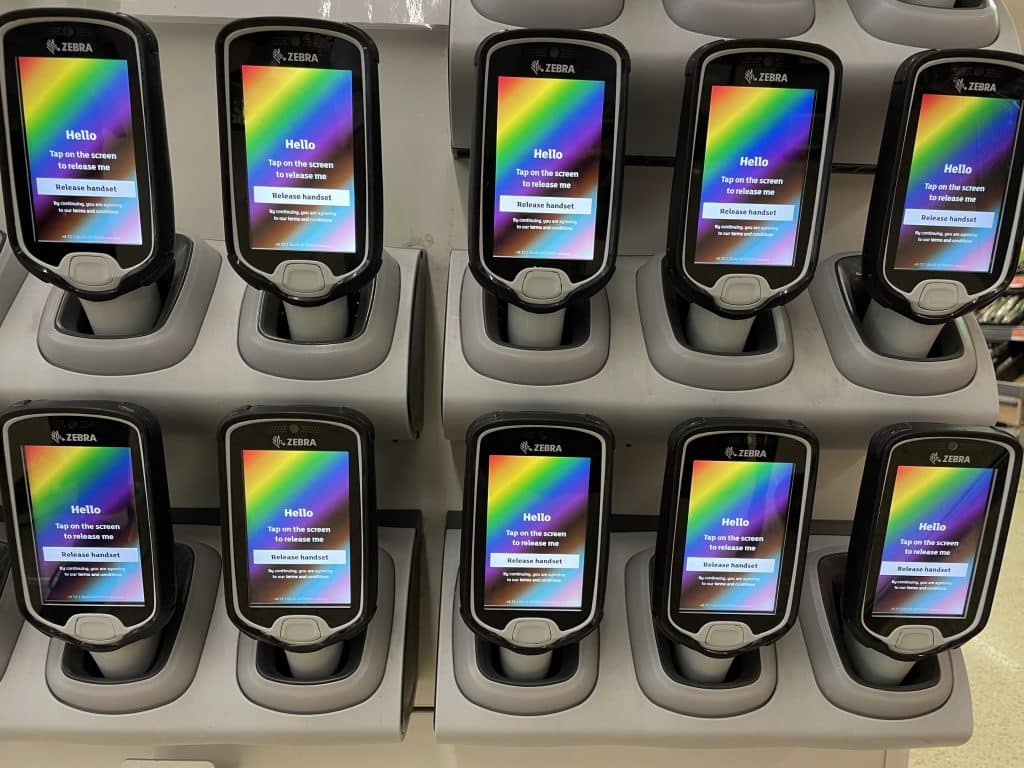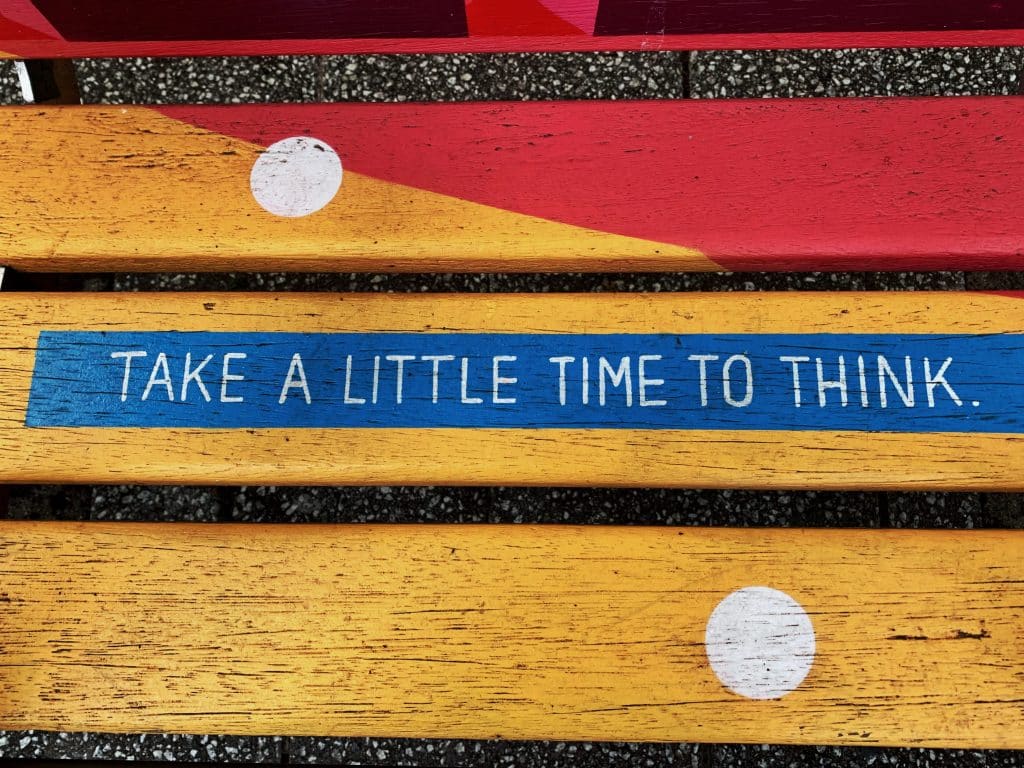Have you ever considered what you would do if, say, a newspaper said that your business was (incorrectly) a dogging site? (And no, I’m not defining that!) It might seem like an outlandish idea for you to consider, but as you’ll see below, it has happened. (H/T to Stephen Canning on the marketing, media and PR community of practice Facebook group for spotting it.)

I’m not suggesting you run off to create a sexscapades addendum to your crisis plan right this instant, but it is worth thinking about what your brand would do when faced with a crisis that you can’t even imagine happening.
Your brand could be caught up in a wave of online conspiracy theories
Social media algorithms promote content that people engage with, and this content is usually great at bringing out an emotional response in us. It’s why people often find their social media feeds negative, verging on toxic – because they’ve trained the algorithm to serve them content that angers or upsets them.
But there’s still a huge compulsion to like, share, reply and post about these issues.
Some people post outrageous content to provoke a reaction, and get noticed. There are also, of course, people out there who genuinely believe what they are posting (and some of those who won’t believe they are wrong in their views even when presented with evidence).
Back in July, people on social media and Reddit started accusing online retailer, Wayfair, of being involved in human trafficking because it sold expensive, large, cabinets that were labelled with women’s names. Some social media users said that these names were the same names as women and children who were missing, with some QAnon conspiracy theorists even alleging that the brand was a front for trafficking.
It was rubbish, of course. Wayfair found itself in the unusual position of having to state publicly that there was no truth to the rumours. These were industrial cabinets and the retailer used an algorithm to name its products.
Your brand might be used as an off-the-cuff remark in a Presidential speech (though, hopefully, that risk will be greatly diminished after January)
In October ExxonMobil Corp had to issue an official denial when President Trump told one of his rallies that he could, hypothetically, easily pick up the phone to Exxon and offer drilling permits in exchange for $25m for his re-election campaign.
The oil giant took to Twitter to state clearly that nothing of the sort ever happened:
How can you protect your brand from a threat that you don’t know exists?
All of these examples are so outrageous that you probably think nothing like them could happen to your brand. But something else could. How do you plan for a crisis you couldn’t possibly see coming?
- One of the more effective things you can do is train your teams to handle unexpected crisis scenarios. Run crisis simulations for the crisis you expect could hit you, but allow your teams to experience something they don’t expect. It will help build the team’s confidence and resilience so that if something unexpected does happen, they’ll be more likely to manage the challenge well.
- Ask your employees what they think the business’ weak areas are. There may be crises that people on the front lines can anticipate that executives can’t.
- Work to clear values and goals. If everyone on your team knows the true values of the business and how that informs behaviour, that will help them respond to any breaking crisis, no matter how left-field it is.
- Work as a unified force. One of the biggest issues that businesses face is continuing to work in silos. For example, developers working for a game development company may talk to a lot of fans on social media. They might have a good idea of what they want and know what’s likely to frustrate their fanbase. However, the marketing team may be working from data for a different part of their audience. What you end up with is game marketing that alienates various fans and puts the game – and / or its developers in a bad light. Departments need to work together to get a complete understanding of the brand’s audience.
- Pay attention to your employees’ wellbeing. At the moment, many people may be on the verge of burnout – we mustn’t forget that burnout isn’t just brought on by a heavy workload. Everything from our personal lives to the state of the world can contribute to mental exhaustion. How is your team supposed to manage a crisis – especially one they’re not prepared for – when they’re already overwhelmed? Think of ways you can keep some capacity in your team by introducing some wellbeing initiatives. Thinking clearly is critical in a crisis situation.
You just need to look at 2020 to see what happens when an unexpected crisis breaks. It’s been a year of crises.
While it’s impossible to plan for everything that could ever happen to your brand, you can make sure that your team is prepared to face the unexpected; giving your brand a better chance of navigating the challenge – no matter how unusual it is.
–








